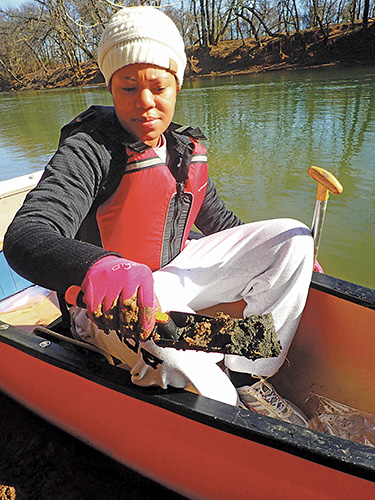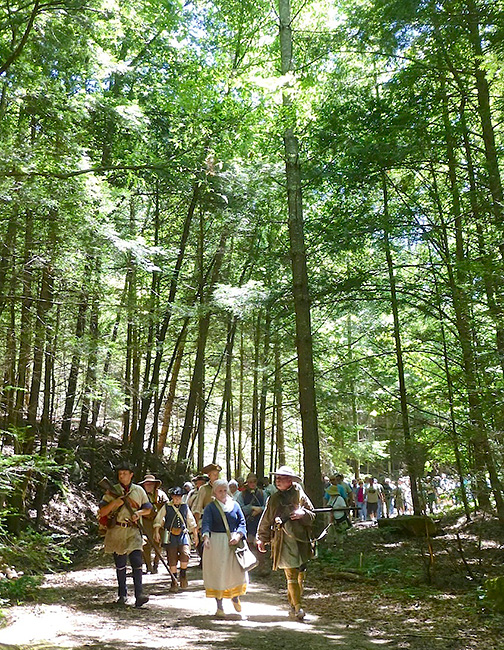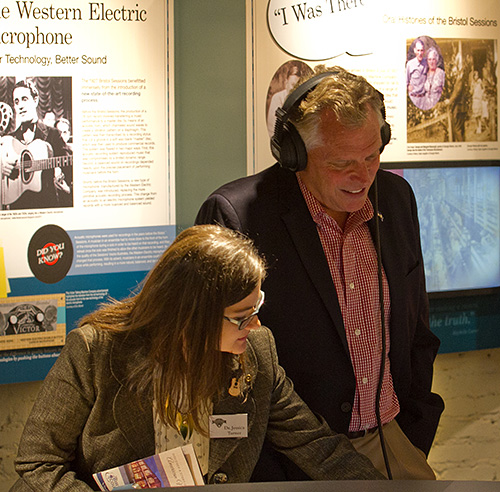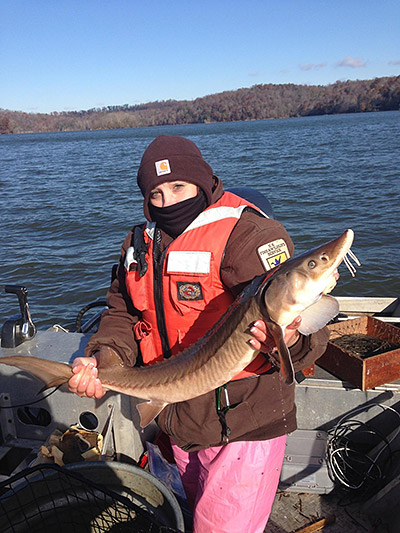Archive for February 2015
Coal Ash Management
The first federal regulations governing the disposal of toxic coal ash passed in December 2014. The rule provides some safeguards, but environmental advocates aren’t reassured. And in North Carolina, more than a year after the Dan River coal ash spill, communities living near the waste are still concerned about the pollution’s effects.
Read MoreWalking the Walk of Preservation
History provides a sense of place. Increasingly, communities are building their own place in history, and finding that preserving the past and marketing it to visitors can also provide a boost in the present.
Read MoreSmoke in the Hills: Wood Stoves in Appalachia
Some cherish wood heat as a renewable, inexpensive energy source that offsets fossil fuel use, but wood stoves have been under fire in recent years for smoke pollution. Despite their smoky reputation, wood stoves can be an efficient, low-impact heating source when operated and maintained correctly.
Read MoreAppalachian Voices Book Club
Appalachia’s triumphs and tragedies, its beauty and mystery, and its people’s tenacity, love and good humor have long been enshrined in fiction. This year, the stories of the region’s struggles with coal are reaching a national audience thanks to two powerful new novels.
Read MoreMuseum Celebrates Birthplace of Country Music
In the 1920s, regional musicians often jammed together in Bristol while waiting for the next train. Those sounds were recorded during the now-famous Bristol Sessions, and now a new museum pays homage to the living legacy of country music.
Read MoreFamilies Win Energy Savings
A plastic tube winds through the Dunlaps’ front room to a door covered in red plastic sheeting. It’s the first step in a process to make this drafty home warmer and more efficient through smart investments in air-sealing and insulation.
Read MoreThe Lake Sturgeon: Ancient Fish, Modern Recovery
The lake sturgeon is the largest and longest-living freshwater fish native to the southeastern United States. In evolutionary terms, this primitive fish has changed little since it swam among dinosaurs, but its continued survival was in doubt until recently.
Read MorePreservation Gains Across Region
At the end of 2014, several regional land trusts finalized a host of easements, conserving views, habitats and cultural sites across the Appalachian Mountains.
Read MoreSelf-publishing: A Modern Avenue for Appalachian Authors
By Dac Collins Self-publishing is on the rise in today’s progressive literary scene, and quite a few writers in Appalachia have foregone the traditional process of submitting their work to publishers in favor of publishing it themselves. Julie E. Calestro-McDonald and Peggy Calestro self-published “Lost and Found in Appalachia” with the help of the CreateSpace…
Read MoreThe Girls of Atomic City
The Untold Story of Women Who Helped Win World War II By Denise Kiernan Back when African Americans and Caucasian Americans couldn’t drink from the same water fountains and women were an anomaly in the workforce, a team of young women unknowingly helped enrich fuel for the world’s first atomic bomb in the hills of…
Read More






